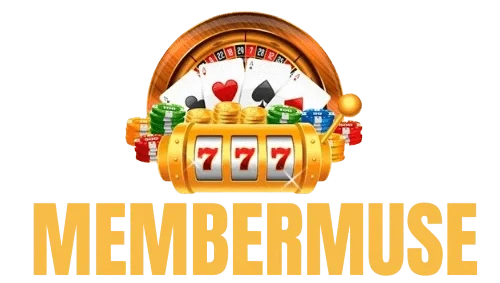For many gamers, the journey through childhood or adolescence is marked not by calendars, but by delapantoto the games they played. And for a significant portion of that audience, those moments were built on PlayStation games and PSP games. These platforms defined eras not just through technical innovation, but by becoming personal mileposts. The best games weren’t just releases—they were events, stories, and relationships captured on screens, saved on memory cards, and carried through life.
PlayStation’s rise began with an emphasis on variety and bold new ideas. While other consoles relied heavily on mascots or singular genres, the PlayStation embraced everything—from high-octane racers like “Ridge Racer” to deeply strategic titles like “Final Fantasy Tactics.” As its capabilities grew, so did the stories it told. Games like “Red Dead Redemption” and “Nier” weren’t just exciting—they were transformative. These weren’t disposable amusements. They challenged players with moral ambiguity, emotional loss, and existential questions. That’s what elevated PlayStation games into the realm of the best games ever made—they had the courage to go deeper.
In parallel, the PSP forged a subtler, but equally impactful legacy. Portable gaming had long been seen as casual and simple, but Sony’s approach changed that. The PSP offered layered experiences that could be played in short bursts or lengthy sessions, adapting to the player’s needs. “Tactics Ogre,” “Dissidia: Final Fantasy,” and “Ys Seven” brought console-level depth to handhelds. These PSP games were personal epics, often played in private settings, fostering an intimate connection between player and device. They became companions on commutes, during school breaks, or late at night under blankets—silent, loyal, and always ready.
The emotional impact of these titles can’t be overstated. They were present during pivotal moments in players’ lives: after a hard day, during illness, or in celebration. That connection created memories that are inseparable from the games themselves. The best games don’t fade because they’re tied to how we felt, what we learned, or who we were becoming at the time. They don’t just mark milestones in gaming—they mark milestones in life.
That’s what makes the PlayStation and PSP legacy so powerful. They weren’t just systems—they were time machines, therapists, teachers, and friends. Their best games became cherished memories, not because of their mechanics or reviews, but because they meant something personal. That meaning lives on, echoing through replays, remasters, and heartfelt nostalgia.
